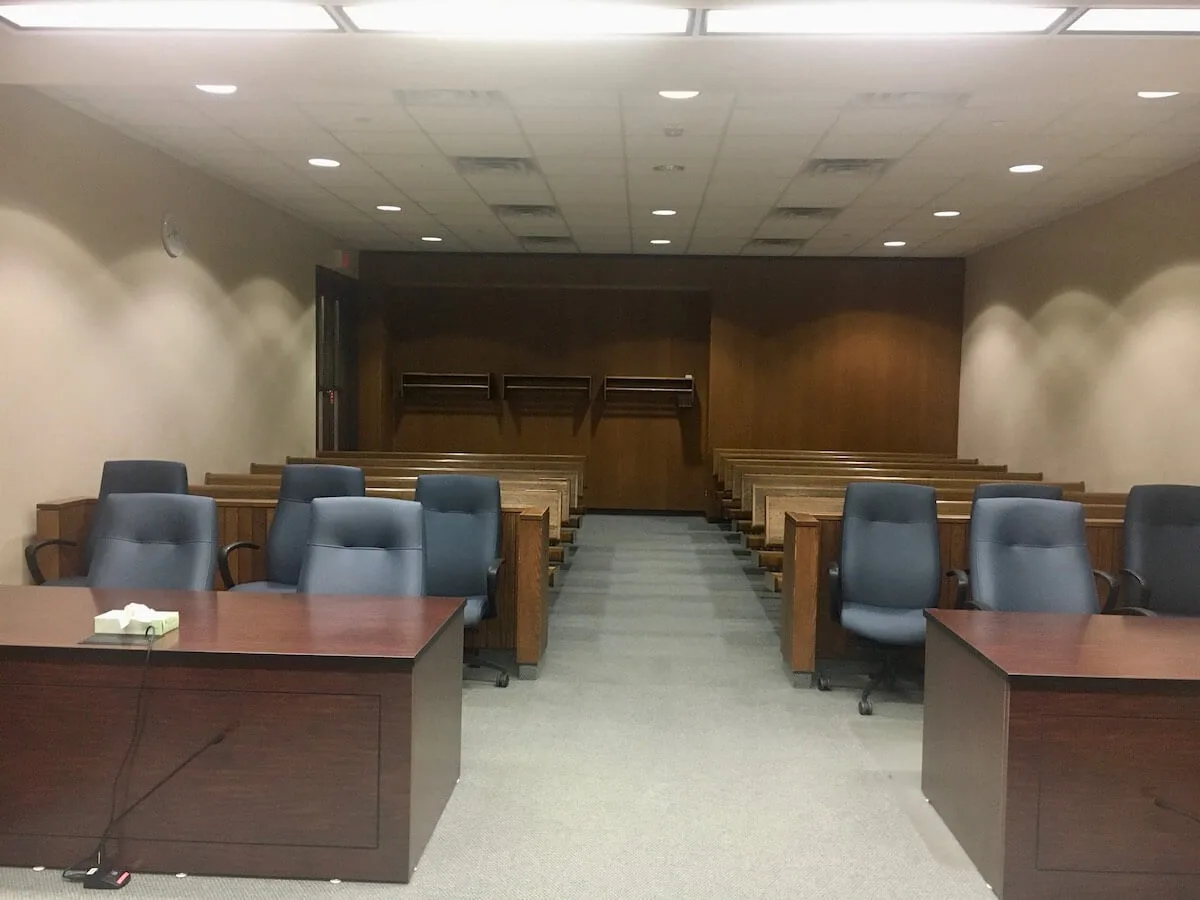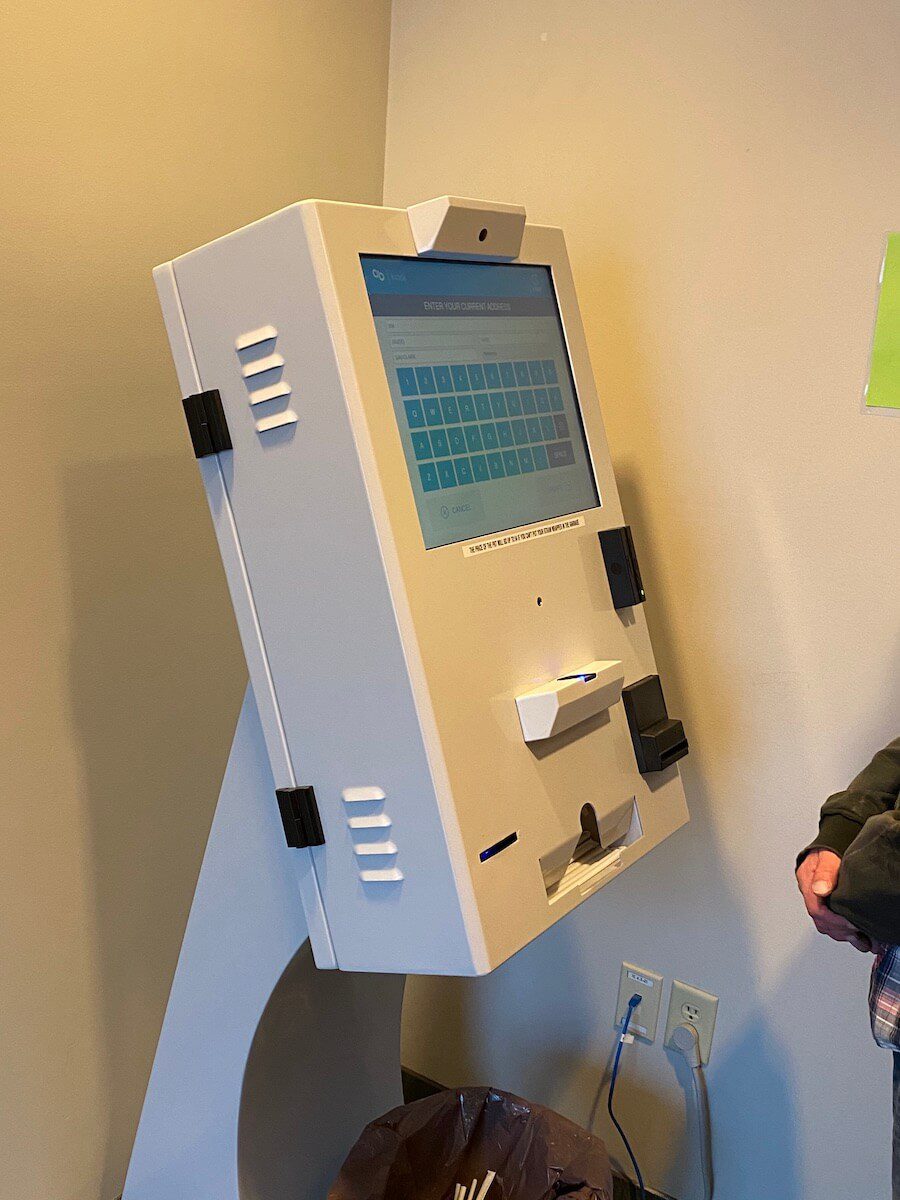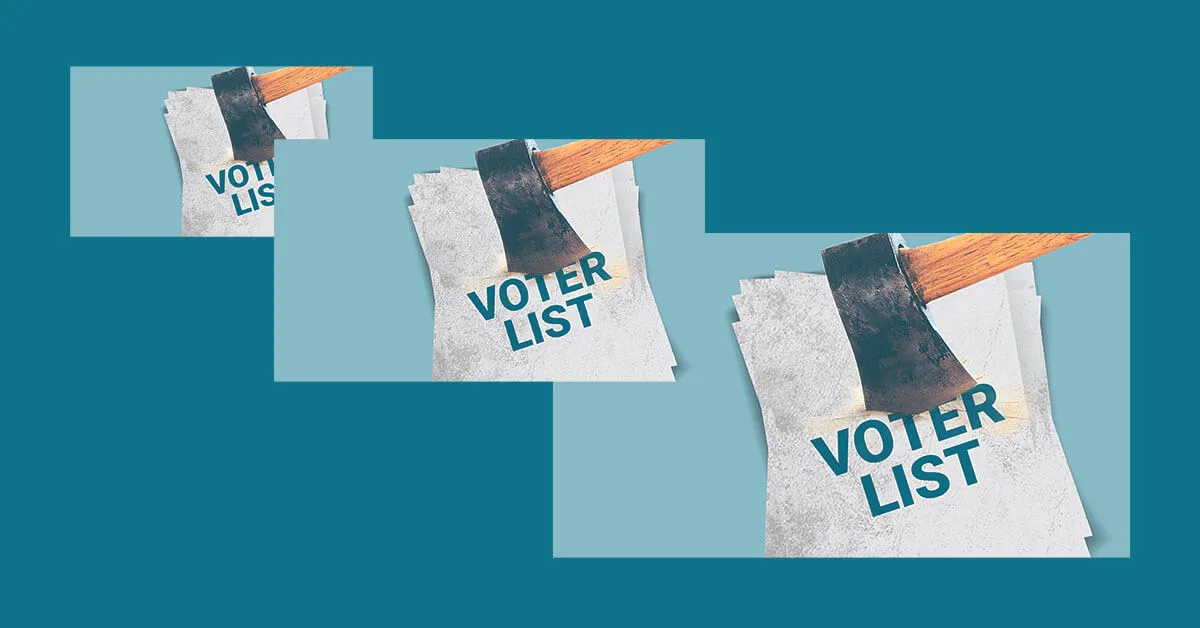
#image_title
#image_title
Treatment courts close during the outbreak. Lack of structure increases the odds of old, bad habits returning.
Many details of Michael Vandervort’s life are difficult for him to recall, the unfortunate byproduct of 15 years of heavy drug use he says nearly killed him multiple times.
But ask Vandervort, a 31-year-old Eau Claire resident, for specifics about his graduation from Eau Claire County’s treatment court for drugs and his recall is spot on.
“May 15, 2019,” Vandervort responded instantaneously when asked his drug court graduation date. “That was a very important day for me. It marked my success at staying sober and the beginning of my new life.”
Vandervort worries others like him, people fighting powerful drug addiction, may not experience the same chance at a new life after the suspension of nearly all Eau Claire County Court operations, including the county’s four treatment courts, because of concerns about the spread of COVID-19. Additionally, the Wisconsin Supreme Court on Sunday ordered a halt to all jury trials and in-person proceedings statewide, with limited exceptions, while the public health emergency persists.

The county’s four treatment courts allow people convicted of certain crimes to enter programs related to drug abuse, mental illness, alternatives to incarceration for mothers, and a veterans court instead of going to jail. The veterans court also serves clients in Dunn and Chippewa counties.
Eau Claire County was among the first in the state to offer treatment courts. Some, but not all, of Wisconsin’s 72 counties offer treatment courts, which are intended as a means of reducing jail recidivism and providing services to break addictions and overcome other challenges so people can lead productive lives.
The suspension of treatment court and other court operations in Eau Claire County is happening across the state. In response to coronavirus concerns, Wisconsin court operations, including the state Supreme Court, the Court of Appeals and circuit courts will carry out essential functions but will have significantly reduced court calendars through at least April 3, Director of State Courts Randy Koschnick announced on Wednesday.
“This is really an effort to protect the health of the public,” Koschnick said.
That decision will limit treatment court support services, which typically include a team of experts communicating frequently with program participants. Team members check on compliance and provide advice and encouragement.
That portion of treatment court plans will continue, even with the shutdown of most court operations. However, weekly or bi-weekly in-person meetings between team members and judges who oversee treatment courts have been discontinued as those sessions typically involve more participants than the 10-person limit at any one gathering, something also prohibited during the pandemic emergency.
Such meetings are deemed especially necessary to the process of helping treatment court clients deal successfully with their drug, mental health or other problems, people involved with those programs said. Vandervort said he would not have remained drug-free during his 21 months in the program without frequent meetings with judges and treatment team members.
“Especially during the beginning phases (of drug treatment court), those meetings with the judge and the team of people were really important,” he said. “Without those, I probably would have gone back to using.”
Difficult choice
In Eau Claire County, the decision to discontinue meetings with treatment court clients was “really, really difficult,” Judge Sarah Harless said.
“We had to look at the value of in-person meetings and weigh that against the health and safety of our participants and our staff,” she said. “It was an incredibly tough choice to make. We don’t know what the impact will be. But we fear what it could mean.”
While he agrees with suspending in-person meetings for health reasons, Judge John Manydeeds said he “is definitely concerned” about the loss of those sessions. They not only help hold people accountable, he said, but provide them with helpful plan alterations and encouragement.
“People need to be encouraged, and I am worried about them losing that,” Manydeeds said. “We know that people going through treatment court need encouragement to have lasting success.”
Koschnick acknowledged the risks posed to treatment court clientele by suspending in-person meetings with judges. Courts may be able to continue programming through the use of videoconferencing, he said, noting he is working to obtain video licenses for all treatment court judges statewide.
In Chippewa County, treatment court staff conducted meetings via Zoom video conferencing software. Not all counties possess the technology for such video meetings, Koschnick said, but he hopes as many as can will hold such sessions.
“At least this way, the clients are having contact with a judge about the progress of their situation,” he said. “It isn’t the same as an in-person hearing, but at least it is something.”
Not far away, there is another group of people in danger of relapsing: Huber or work release prisoners who spend their nights at the county jail in Chippewa Falls but are allowed to leave daily if they are employed. Sheriff Jim Kowalczyk released his approximately 42 Huber prisoners to house arrest to reduce the possibility of community spread of coronavirus in the jail.
The Huber prisoners still have to come to the jail lobby every day on their way to work and blow into a straw attached to a kiosk to ensure they’re staying sober.
“The kiosk helps us maintain sobriety with the people that are out and keep them inline,” said Kowalczyk who said random testing is also a feature of the work-release program.
While house arrest may be a good idea from a public health standpoint, Kowalczyk knows some people don’t have a home environment conducive to avoiding bad decisions. But, he said, they know the penalties if they don’t stay clean, so the burden is on them. If the machine detects alcohol, it’s only a few steps from the lobby back to their jail cell.

‘Life and death’
While it isn’t a perfect solution, Vandervort said video meetings could help those in treatment court receive the support they need. He said his heroin addiction destroyed family relationships, left him homeless and nearly killed him. On one occasion he recalls waking up to emergency room personnel standing over him after reviving his heartbeat following an overdose.
“After you’ve been on the brink of death like that, you realize how lucky you are to be alive,” he said.
In addition to his successful graduation from treatment court, Vandervort recalls May 15, 2019 for another reason. Nine hours after his late-morning graduation ceremony, his baby daughter was born. He viewed her birth not only as a miraculous event but a new beginning.
“For the first time in a long time, I had hope,” he said.
Since then Vandervort’s life has been on an upswing. He is with his girlfriend and their four children, and he works full time. He credits his current situation, which he describes as “really positive,” in large part to his participation in treatment court, and he hopes others like him are able to participate.
“There are a lot of people out there who need the same help I got,” he said. “They need that support. It can be the difference between life and death.”
Politics

Biden cancels student loan debt for 3,940 more Wisconsinites
The Biden administration on Friday announced its cancellation of an additional $7.4 billion in student debt for 277,000 borrowers, including 3,940...

The Republican war on Medicare raises the stakes in 2024
Nearly 1.3 million Wisconsinites rely on Medicare benefits—benefits they spent decades paying into, with the promise that the program would be there...
Local News

Your guide to the 2024 Blue Ox Music Festival in Eau Claire
Eau Claire and art go hand in hand. The city is home to a multitude of sculptures, murals, and music events — including several annual showcases,...

Where to buy farm-fresh eggs in western Wisconsin
There’s nothing better than eggs from a local farm. Of course, they taste fresher and last longer, but the best part is that you’re supporting a...




